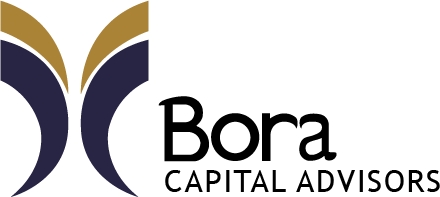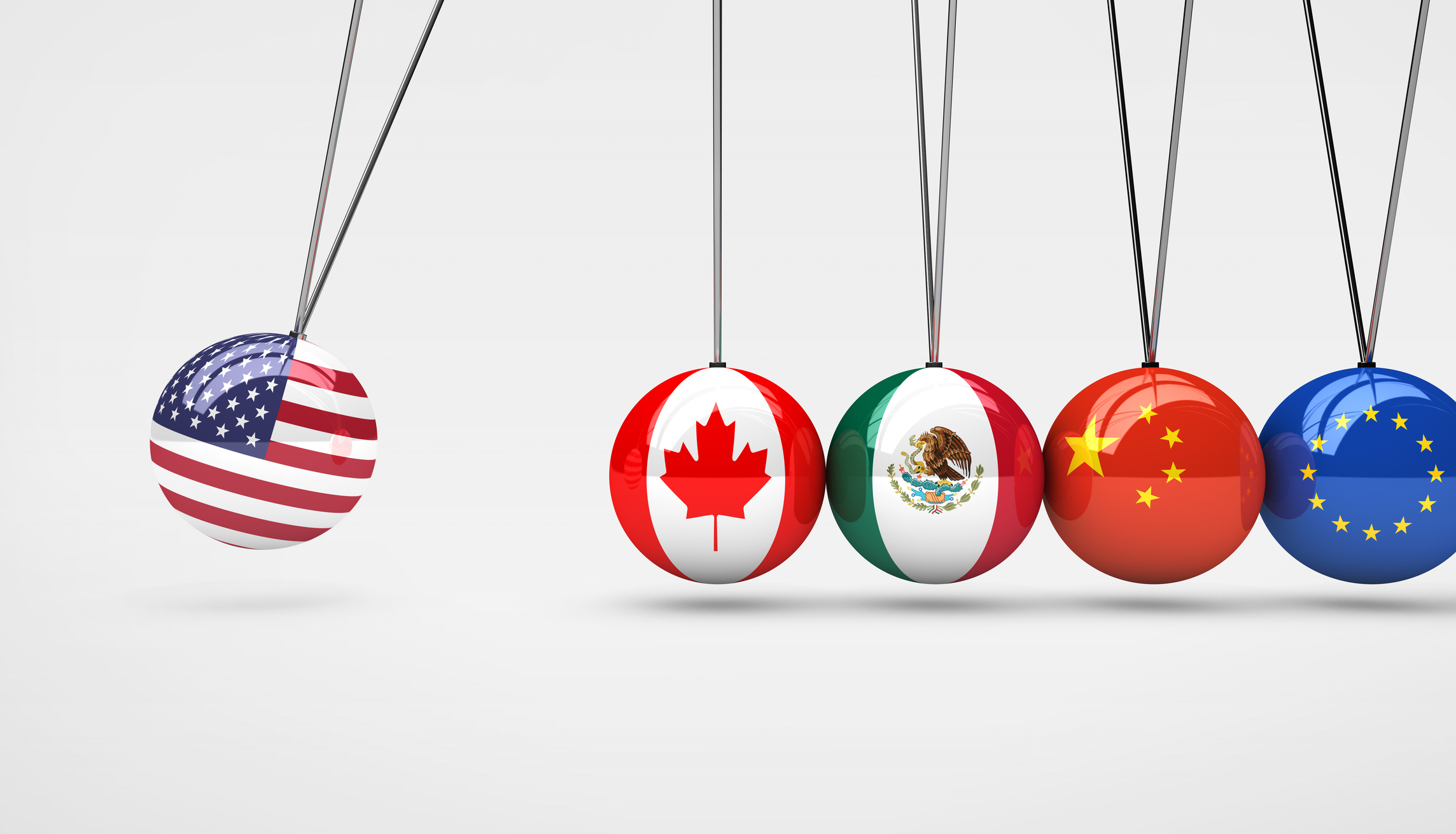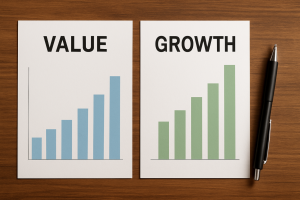
In an increasingly unpredictable world, where trade agreements can shift overnight and global powerhouses clash over tariffs, investors face a challenging question: Should I stay invested offshore, or pull back?
Free Trade vs. Trade Wars
Free trade, at its core, allows nations to exchange goods and services without restrictions. It fuels innovation, job creation, and consumer choice. However, when political mistrust rises, countries often retreat into tariff barriers, triggering trade wars.
The current global trade war, spearheaded by the U.S. under President Trump, has significantly disrupted global markets; there are tariffs of 10% or more imposed on imports from over 50 countries, U.S.–China tensions have resurfaced, despite temporary tariff cuts, supply chains are being rerouted, with Chinese goods diverted through third countries like Vietnam and Mexico.
Consumer backlash is growing — more than 50% of EU consumers are ready to boycott U.S. products.
The result? Higher costs for businesses, lower investor confidence, and increased volatility in global financial markets.
What This Means for Your Exchange Traded Funds (ETFs)
If you’re holding U.S.-listed ETFs, here’s how the trade war may affect your portfolio:
1. Volatility Is the New Normal
Sectors exposed to China (especially tech and industrials) are bearing the brunt of the ongoing tariff wars. ETFs tracking the S&P 500 or specific sectors may experience sharp swings.
2. Currency Risk Cuts Both Ways
The cedi-dollar relationship matters. If the cedi weakens, your USD-denominated ETF gains may look better in local currency. If the dollar drops under global pressure, returns may diminish.
3. Dividends Could Dip
With corporate profits under pressure, dividend-paying ETFs could see reduced payouts. This affects income-focused investors.
4. A Broader Economic Slowdown
If global economic growth slows down, even companies not directly involved in trade may feel the pinch. That means slower earnings growth — and a slower recovery for markets.
What Should Investors in Ghana Do?
Adopt a calm and disciplined approach as stated below;
Stay Invested, Think Long-Term
Trade wars are temporary. Quality ETFs with diversified holdings are built to withstand such shocks. Also, staying invested helps investors to benefit from the long-term growth of global markets.
Don’t Miss Dividends
Many ETFs pay regular income – dividends. Selling off now could mean missing out on dividend income — especially when ETF prices are lower and reinvestment opportunities are ripe.
Use Volatility to Your Advantage
Times like these offer entry points for long-term investors. If you have a solid strategy, use the dips to accumulate assets gradually. Selling now locks in losses — staying put allows your investments to recover. That is, investors can buy quality assets at discounted prices and benefit from future rebounds.
Embrace Dollar-Cost Averaging
Dollar-cost averaging is a simple tool that an investor can use to build savings and wealth over the long term. It involves investing the same amount of money in a target security at regular intervals over a certain period of time, regardless of price. By using dollar-cost averaging, investors may lower their average cost per share and reduce the impact of volatility on the their portfolios.
In simple terms, don’t let short-term headlines derail your long-term goals. The ETFs that have been chosen by Bora Capital for clients offer quality, diversification, and resilience. Each of these has weathered events like the Great Recession, COVID-19, and now the Trump Tariffs — and still delivered recovery and growth. Thus, continue your strategy, rebalance if needed, and use dollar-cost averaging to take advantage of market downturns.
As Warren Buffet puts it: “Be fearful when others are greedy and greedy when others are fearful”.
—————————————————————————————————————————————————————————————-
The information contained in this blog is being provided for educational purposes only and does not constitute a recommendation from any Bora Capital Advisors entity to the recipient. Bora Capital Advisors is not providing any financial, economic, legal, investment, accounting, or tax advice through this blog to its recipient. This report reflects the views and opinions of Bora Capital Advisors Ltd, and is provided for information purposes only. Although the information provided in the market review and outlook section is, to the best of our knowledge and belief correct, Bora Capital Advisors Ltd, its directors, employees and related parties accept no liability or responsibility for any loss, damage, claim or expense suffered or incurred by any party as a result of reliance on the information provided and opinions expressed in this report, except as required by law. The portfolio performance data represented in this report represents past performance and does not guarantee future performance or results.




